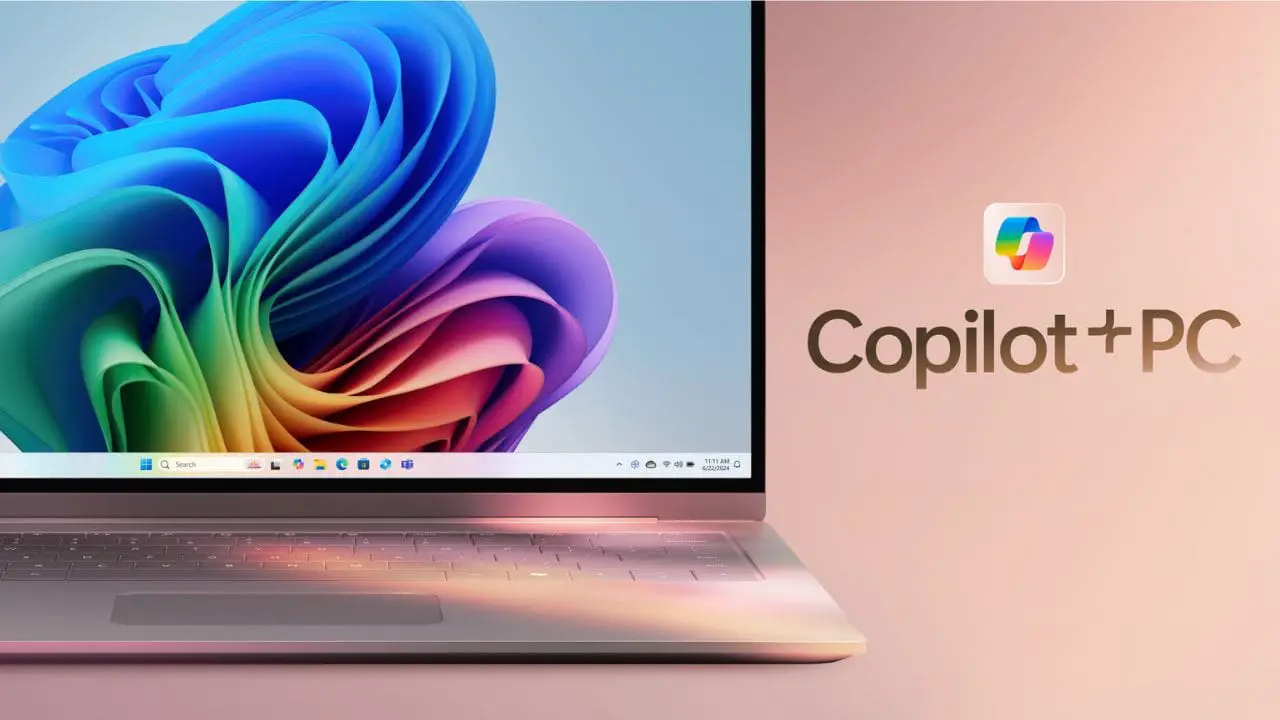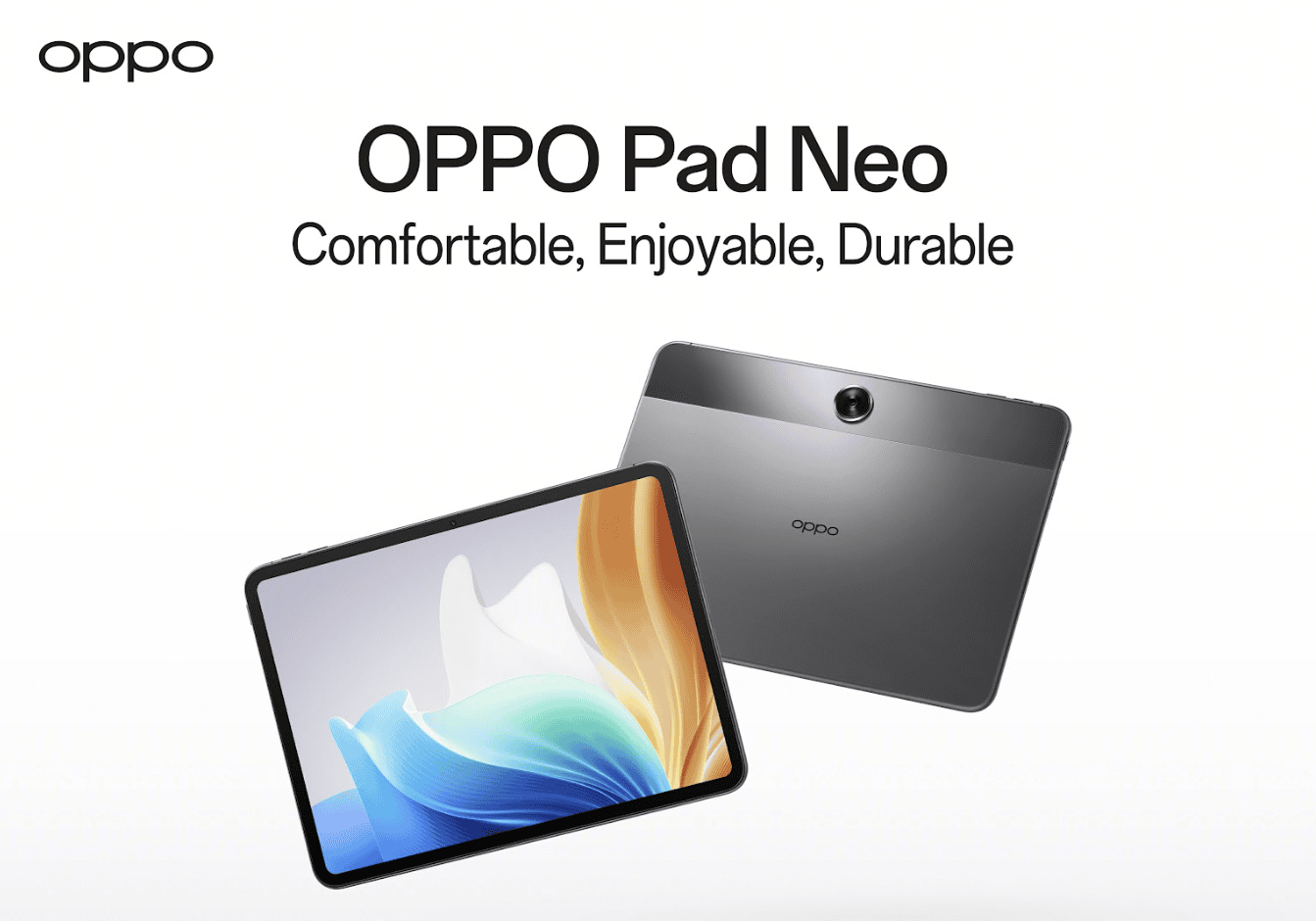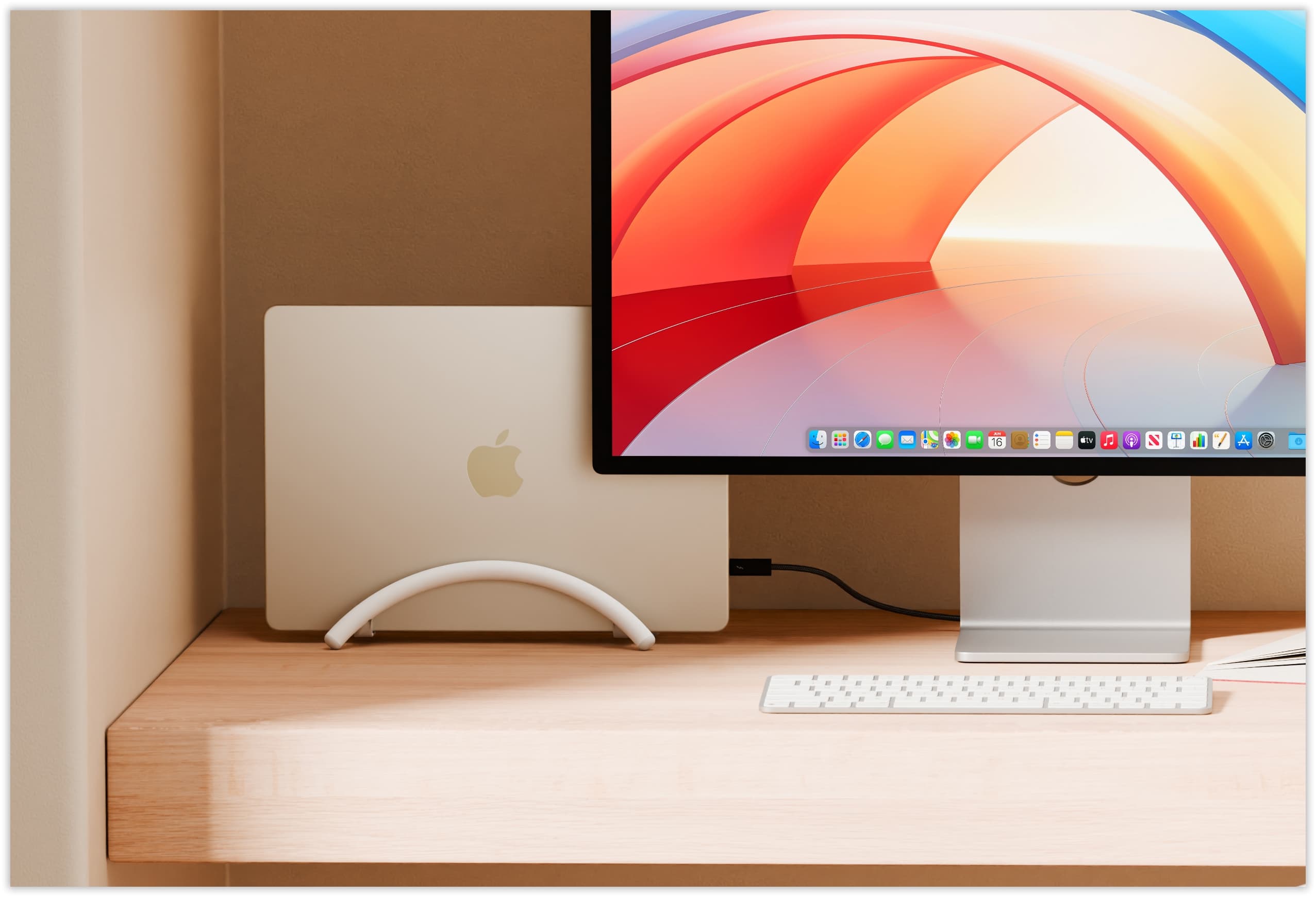Note: This is a guest post written by Jeeva Shanmugam. You can reach him on Instagram, X, or email – The rivalry between tablets and laptops continues to captivate both users and tech enthusiasts in an age defined by technological versatility and mobility. Although the two devices have different uses, this article seeks to highlight the strong arguments for why the tablet is frequently the better option.
I would like to explain some of the key points on my perspective on why tablet is a better option than a laptop. Learn why tablets have not only carved out a position for themselves in the digital environment but have also evolved into essential tools for productivity, entertainment, and convenience. This is due to factors like its svelte and lightweight design, intuitive touch interface, and remarkable battery life. Let’s discuss why.
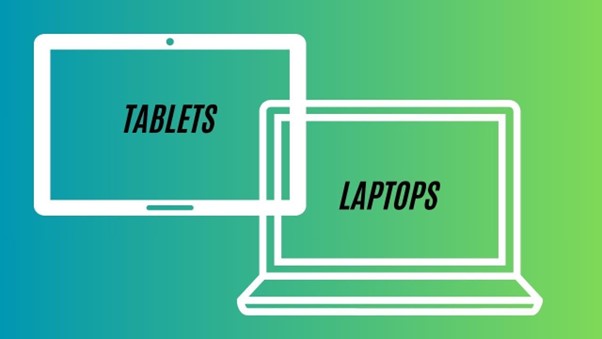
Tablet vs. Laptop: Things You Should Know
Tablets and laptops are among the most popular computing devices in today’s tech-driven world. The best choice will depend on one’s specific needs and personal preferences as each has its own set of strengths and disadvantages.
I will go into greater detail on the advantages and disadvantages of both tablets and laptops while also examining why, for some people, tablets may end up being the better choice.
Key Highlights:
- In the ongoing tablets vs. laptops debate, this article explores why tablets often emerge as the superior choice, highlighting their portability, extended battery life, and user-friendly design.
- Tablets excel in portability, boasting a slim and lightweight build, making them ideal for travelers, students, and professionals seeking a mobile workstation.
- While tablets offer advantages such as affordability and ease of use, they may come up short for resource-intensive tasks due to limited processing power and smaller screens.
Pros of a Tablet
Portability
The extraordinary portability of tablets is one of its most important advantages. Tablets, as opposed to laptops, are exceedingly thin and light, making them the ideal travel companion. This feature makes tablets especially useful for travelers, students, and anybody else looking for a computer that easily goes with them throughout the day.
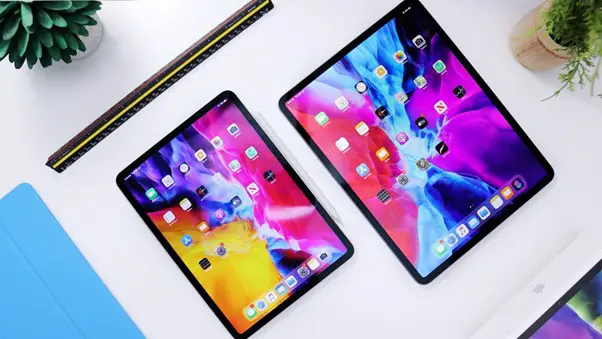
Students can use tablets, for instance, to take notes during lectures, read digital textbooks, and do online research. While maintaining contact with loved ones, travelers can enjoy tablet entertainment, including playing games and viewing movies.
Tablets can also be used by professionals who need a mobile workstation for duties like checking emails, writing documents, and giving presentations wherever they are.
Battery Life
In terms of battery life, tablets have a definite advantage over laptops. Their simplified circuitry and smaller screens, which need less energy use, account for this advantage. As a result, utilizing a tablet enables prolonged periods of uninterrupted use without having to worry about the battery running out.
To put that into perspective, a tablet is well-suited for a full day’s use because it can easily last 8 to 10 hours on a single charge. The battery life of a laptop, on the other hand, is often inadequate, lasting only 4 to 6 hours on a single charge.
Ease of Use
The user-friendliness of tablets is another noteworthy benefit. Tablets are designed with simplicity and easy navigation in mind, making them accessible to users with varying levels of computing competence. They are a great option for people who might feel uncomfortable using a traditional laptop because of this complex characteristic.
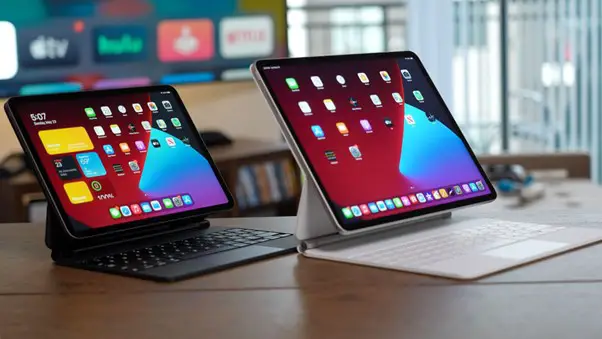
Children, for instance, find it simple to use tablets for leisure activities like playing games, watching films, and learning new things. Similar to younger generations, seniors can use tablets without the hassle of a traditional computer to stay in touch with family and friends, keep up with current affairs, and access a variety of applications.
Price
Due to their simplified design and use of more affordable materials, tablets are typically a more affordable option than laptops. For those who are trying to control their spending, tablets are a desirable option because of their cost. For instance, a decent tablet is widely available for around $200, but a laptop with equivalent features often starts at around $300 – $350.
Cons of a Tablet
It’s crucial to note that tablets have certain disadvantages despite their many benefits. When compared to computers, tablets’ comparatively limited functionality is one of their most apparent drawbacks.
They don’t have the processing capacity to perform resource-intensive software, which might be problematic for users who are working on demanding projects like gaming or video editing.
Tablets frequently have smaller screens, which can make it difficult to properly see papers, spreadsheets, and other sorts of content. Additionally, using the tablet’s virtual keyboard for extended periods of time can make it less user-friendly.
Wrapping It All
Overall, the decision between tablets and laptops depends on your particular needs and preferences. A tablet is a desirable alternative if mobility, user-friendliness, and long battery life are your top priorities. Though overall laptop is a better option for heavy uisers, brands like Samsung and Apple are in the rally of making tablets as an alternative to laptops, by their software features and build.
However, right now, a laptop is a better option if your needs call for strong power and a wide range of features. The best method to choose between the two is to actually use both, which will enable you to decide which device better suits your preferences and usage habits.


